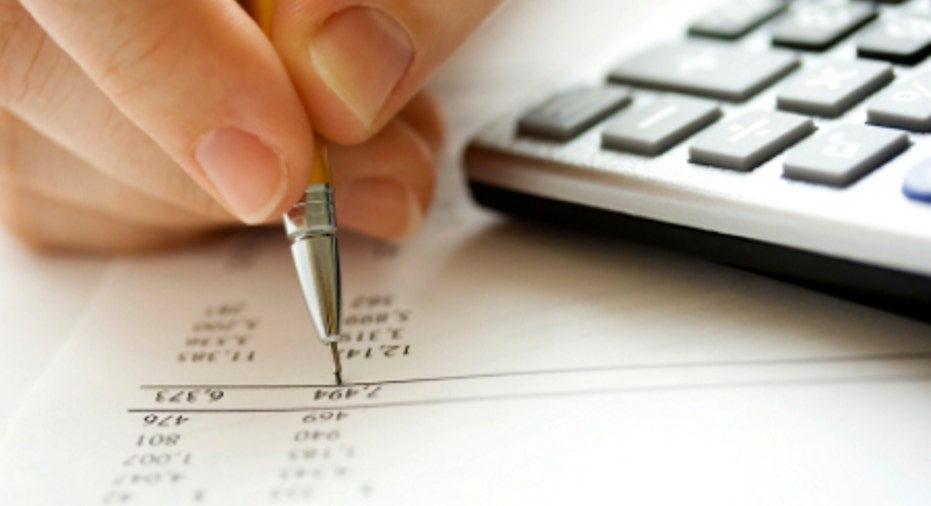Keep Getting Hit With Overdraft Fees? Try These 8 Tips

"Overdraft protection" has a nice reassuring sound to it. Don't be fooled by that.
While while savings account interest has been shrinking, checking account overdraft fees have been growing. At around $30 a pop, overdrawing your checking account can quickly wipe out more than a year's worth of interest on your deposits. So, one of the smartest money moves you can make is to avoid overdraft charges.
Avoiding Checking Account Overdrafts
Here are eight tips for steering clear of overdraft charges:
Don't rely on the bank's balance. Today's mobile apps promise to put people more in touch with their bank accounts, but the information can be misleading. Transactions take different amounts of time to process, so whenever you check your balance, there may be transactions still pending that have not yet reduced that balance.
Keep an electronic record. Since the bank's balance might not reflect recent transactions, keep your own record (including a running balance). An electronic ledger on your smartphone would allow you to keep a more up-to-date record with you at all times.
Know your direct deposit patterns. Keeping up with your checking account balance is tougher when some transactions that affect that balance are not initiated by you. For example, if you have direct deposit, you need to know exactly when your paycheck will hit the account. Figure out how regular your employer is at making the payment on a given day, and what happens if that day falls on a bank holiday.
Remember your automatic payments. Automatic bill pay can be a convenience, but it is also one more thing that can throw your checking account balance off before you realize it. If you use automatic bill pay, be sure to automatically deduct those amounts from your records on the same cycle.
Learn the fee cycle. Another unseen deduction from your balance can be checking account fees. Know what those fees are, and automatically deduct them from your records so they don't take you by surprise.
Give yourself a cash allowance. If you have trouble keeping track of all your transactions, it might be simpler to give yourself a daily cash allowance and then leave the debit card at home. This will give you one withdrawal a day to account for, rather than a series of individual transactions.
Don't mix plastic and alcohol. A night out can quickly run up the charges on a debit card, and it is usually difficult to keep close track in those situations. Paying in cash may be a better idea than handing your debit card over to a bartender.
Beware of "holds." Speaking of running a tab at a bar, this and a variety of other situations, such as renting a car or reserving a hotel room, can result in a certain dollar amount being held against your balance, to ensure payment of any potential charges. This can reduce your available balance by more than you realize, thus resulting in overdrafts. A credit card might be preferable to a debit card in situations involving a hold.
Of course, the most foolproof way to avoid overdraft charges is to opt out of overdraft protection. This might result in your card getting denied more often, but any embarrassment that results should be temporary. In contrast, the loss of money to overdraft fees is permanent.
The original article can be found at SavingsAccounts.com:Overdosing on overdrafts? Try these 8 wise tips



















